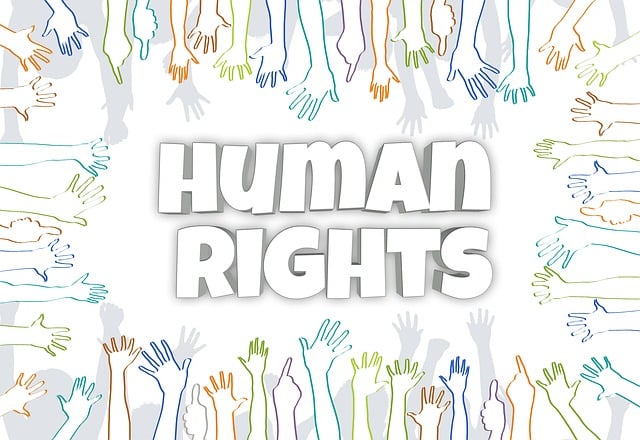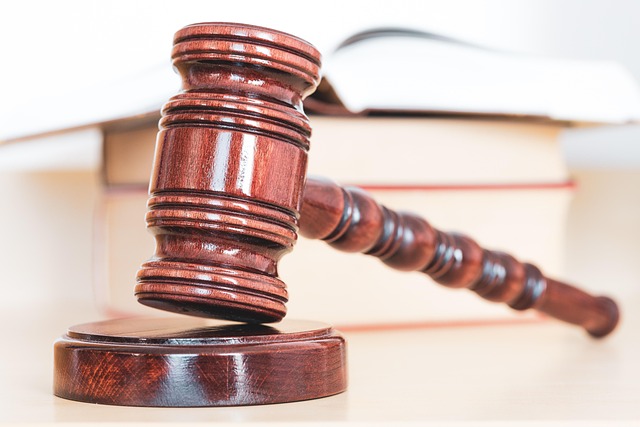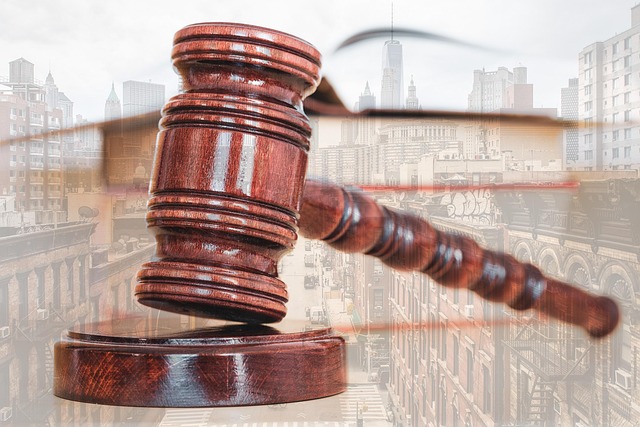Whistleblower Protection Laws are instrumental in exposing consumer fraud by shielding whistleblowers from retaliation and offering legal protections. Consumer Fraud Class Action Lawsuits aggregate individual claims, providing efficient resolution and swift justice against companies engaging in deceptive practices. The process involves meticulous research, documentation, legal guidance, filing a complaint, pretrial hearings, discovery, settlement negotiations, and potential jury trials. Successful cases result in financial compensation for victims and deter future misconduct, with notable examples achieving multi-million dollar settlements. These lawsuits empower whistleblowers to come forward, safeguarding their rights and promoting transparency.
“Uncover the power of whistleblower protection lawsuits, a critical mechanism for holding corporations accountable for consumer fraud. This comprehensive guide navigates the intricate world of these legal actions, focusing on their role in combating fraudulent practices. From understanding foundational laws to delving into the process of filing suits and key victory factors, we explore successful cases. Learn how individuals can take action through Consumer Fraud Class Action Lawsuits, empowering themselves to become agents of change and ensure corporate responsibility.”
- Understanding Whistleblower Protection Laws: A Comprehensive Overview
- Consumer Fraud Class Action Lawsuits: When is It Applicable?
- The Process of Filing a Whistleblower Protection Lawsuit
- Key Factors in Winning Consumer Fraud Class Action Cases
- Case Studies: Successful Whistleblower Protection Lawsuits in Recent History
Understanding Whistleblower Protection Laws: A Comprehensive Overview

Whistleblower Protection Laws are designed to safeguard individuals who expose illegal or unethical activities within their organizations. These laws are crucial in fostering a culture of transparency and accountability, especially in high-stakes cases involving consumer fraud and class action lawsuits. Understanding these protections is essential for both whistleblowers and legal professionals navigating complex legal processes.
The Consumer Fraud Class Action Lawsuit Process often relies on whistleblowers to come forward with critical information. These laws provide a framework that encourages employees to report fraudulent or illegal practices without fear of retaliation. In many cases, whistleblowers are granted protection from employment discrimination, harassment, or revenge actions by their employers. If a whistleblower’s claims lead to successful litigation, they may even be eligible for a portion of any monetary awards or settlements, ensuring that their contribution is recognized and rewarded. This comprehensive approach not only facilitates the exposure of wrongdoings but also offers a complete dismissal of all charges against the whistleblower in most instances, culminating in jury trials if necessary.
Consumer Fraud Class Action Lawsuits: When is It Applicable?

Consumer Fraud Class Action Lawsuits are brought when a significant number of consumers have been harmed by deceptive or fraudulent practices on the part of a respective business. This type of lawsuit is particularly relevant during all stages of the investigative and enforcement process, as it seeks to recover damages for the collective harm suffered by the affected consumer base. The goal is not only to compensate victims but also to deter future misconduct by holding the responsible entities accountable.
These lawsuits are applicable when a company or individual engages in widespread misrepresentations, false advertising, or other forms of manipulation aimed at gaining financial advantage over consumers. The scope of such actions can span various industries and sectors, impacting not just economic interests but also the confidence and well-being of philanthropic and political communities. By aggregating claims into a single lawsuit, the Consumer Fraud Class Action Lawsuit Process allows for efficient resolution and ensures that justice is served in a timely manner.
The Process of Filing a Whistleblower Protection Lawsuit

When considering filing a whistleblower protection lawsuit, especially in the context of consumer fraud or a class action, understanding the process is crucial. The first step involves thoroughly researching and documenting evidence of fraudulent activities. This may include gathering information about internal investigations, financial records, or testimonies from fellow employees who can corroborate the alleged misconduct. Once equipped with substantial proof, potential plaintiffs must identify the appropriate legal avenue, often seeking guidance from experienced attorneys specializing in white-collar defense.
The Consumer Fraud Class Action Lawsuit Process begins by filing a complaint with the court, outlining the claims and seeking authorization to represent a class of individuals affected by the fraud. This stage requires meticulous attention to detail and adherence to legal precedents. Subsequently, the case progresses through pretrial hearings, discovery (where both parties exchange relevant information), and potentially settlement negotiations. If the matter doesn’t resolve amicably, it advances to jury trials, where the philanthropic and political communities often take an active interest in ensuring justice is served.
Key Factors in Winning Consumer Fraud Class Action Cases

Winning Consumer Fraud Class Action Cases involves a strategic approach that leverages key factors to achieve justice and compensation for affected consumers. One of the primary considerations is establishing a clear and compelling pattern of consumer deception, often through extensive documentation and evidence gathering. This includes examining marketing strategies, sales practices, and the specific tactics employed to mislead customers. Legal teams must demonstrate a widespread impact, where numerous individuals have suffered similar financial harm due to the same fraudulent practices.
Effective case management and strong legal arguments are crucial. Attorneys should focus on defining the scope of the class, ensuring inclusivity while maintaining manageability in court. Building a solid legal foundation involves understanding the nuances of consumer protection laws, such as those related to white-collar defense and general criminal defense strategies. Achieving extraordinary results often hinges on meticulous planning, persuasive advocacy, and a deep understanding of the Consumer Fraud Class Action Lawsuit Process.
Case Studies: Successful Whistleblower Protection Lawsuits in Recent History

Whistleblower protection lawsuits have seen several high-profile victories in recent times, showcasing the power of individuals standing up against wrongdoings. One notable case involves a consumer fraud class action lawsuit where an employee’s courage to expose their company’s illegal practices led to a significant win. The whistleblower, who previously faced retaliation and termination, played a crucial role in revealing a wide-spread accounting fraud scheme, ultimately resulting in a multi-million dollar settlement for the affected consumers.
These successful lawsuits not only provide financial redress but also serve as a deterrent across the country. By navigating all stages of the investigative and enforcement process, whistleblowers can overcome challenging defense verdicts and ensure their rights are protected. This has encouraged more people to come forward with critical information, fostering an environment where accountability is held in high regard, and illegal activities are met with swift action.
Whistleblower protection lawsuits play a pivotal role in combating consumer fraud, empowering individuals to stand up for their rights and expose unethical business practices. By understanding the intricacies of whistleblower laws and navigating the Consumer Fraud Class Action Lawsuit process, those with valuable information can make a significant impact. This article has provided a comprehensive guide, from recognizing applicable cases to key factors for success, ultimately highlighting the importance of these lawsuits in creating a fairer marketplace.






